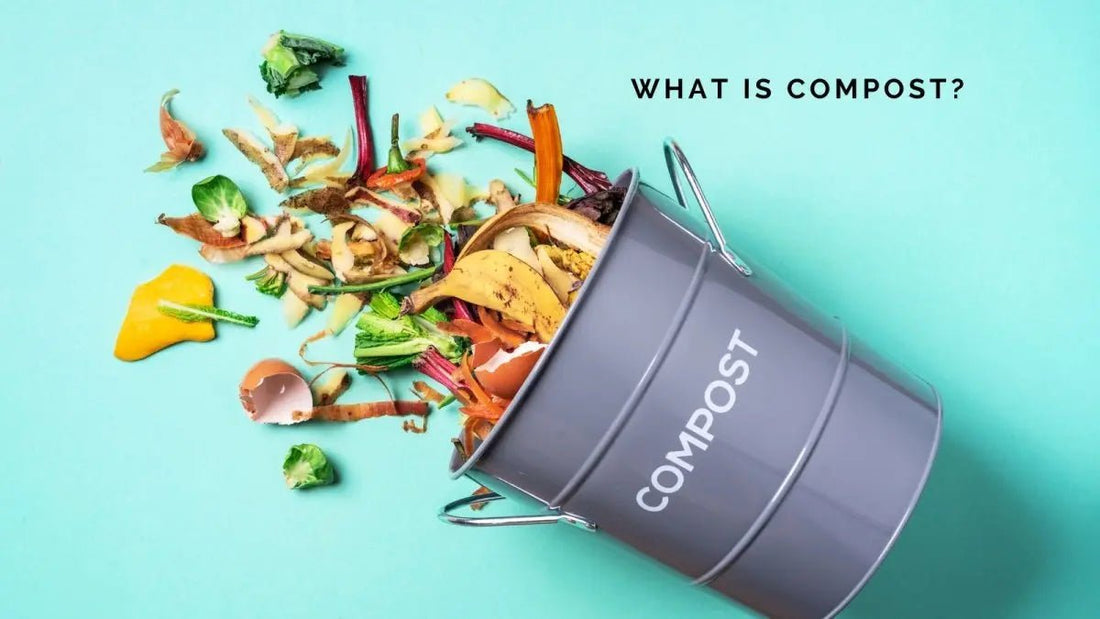
What is Compost?
Share
What is Compost?
Compost is nature's way of recycling. It’s a nutrient-rich, earthy material created when organic matter like kitchen scraps and garden waste breaks down naturally. Compost acts as a soil conditioner, boosting its fertility, structure, and ability to retain moisture. If you've ever seen a healthy, vibrant garden, chances are the soil is being nurtured with compost.
How to Make Compost
Making compost at home is simpler than you might think! It’s all about layering the right materials and giving them time to decompose. Here’s a quick guide:
Choose Your Spot: Pick a corner of your garden or use a compost bin.
Start Layering: You need a balance of ‘green’ (nitrogen-rich) and ‘brown’ (carbon-rich) materials.
Green materials: Fresh grass clippings, vegetable peels, coffee grounds, and plant trimmings.
Brown materials: Dried leaves, straw, cardboard, and wood chips.
Turn Your Pile: Every couple of weeks, turn the compost with a garden fork to mix the layers and let in oxygen, which speeds up the decomposition process.
Keep it Moist: The compost should be as moist as a wrung-out sponge. Too dry, and decomposition slows down; too wet, and it can get smelly.
In 6 to 12 months, your compost should be dark, crumbly, and ready to use!
When is More Compost Needed?
The best time to add compost to your garden is during planting season, especially in spring and fall. But your plants may also send signals when they need a nutrient boost:
Poor growth: If plants aren’t growing as expected, they might need the extra nutrients compost provides.
Pale or yellow leaves: This could be a sign of nutrient deficiency.
Dry, crumbly soil: Compost improves soil texture and water retention, so if your soil looks too dry or doesn’t hold water well, it's time for more.
Adding compost not only helps plants thrive but also nurtures the soil long-term! Happy composting!